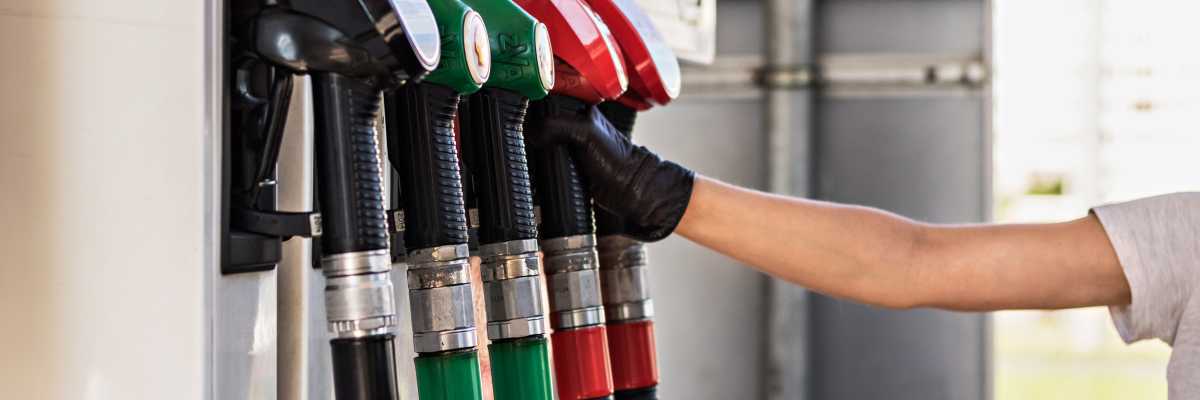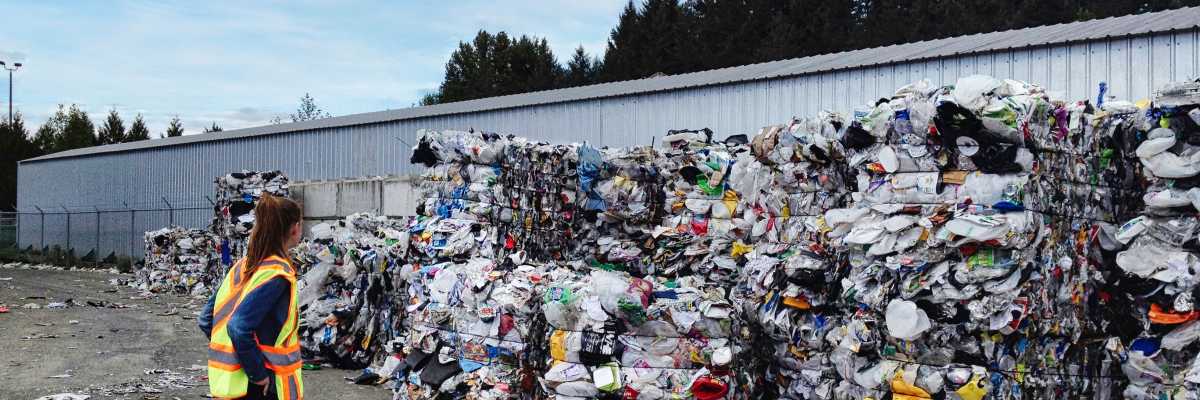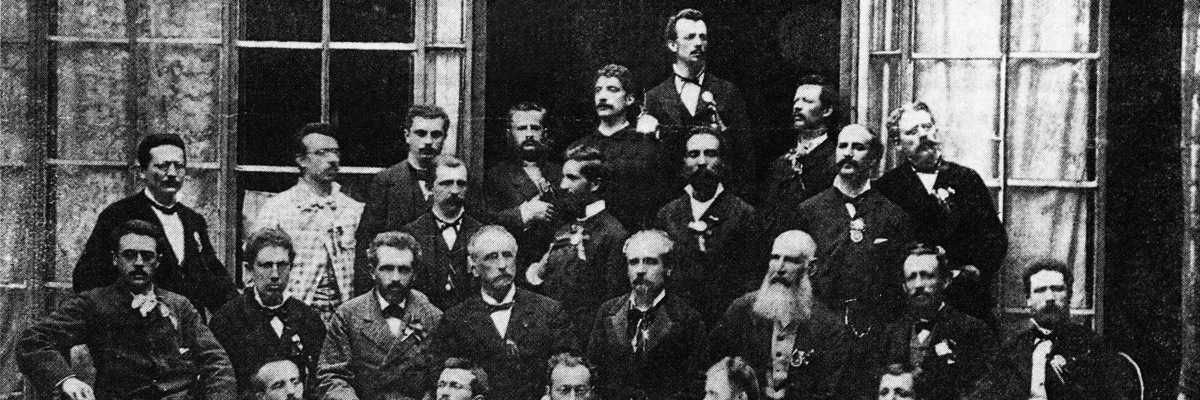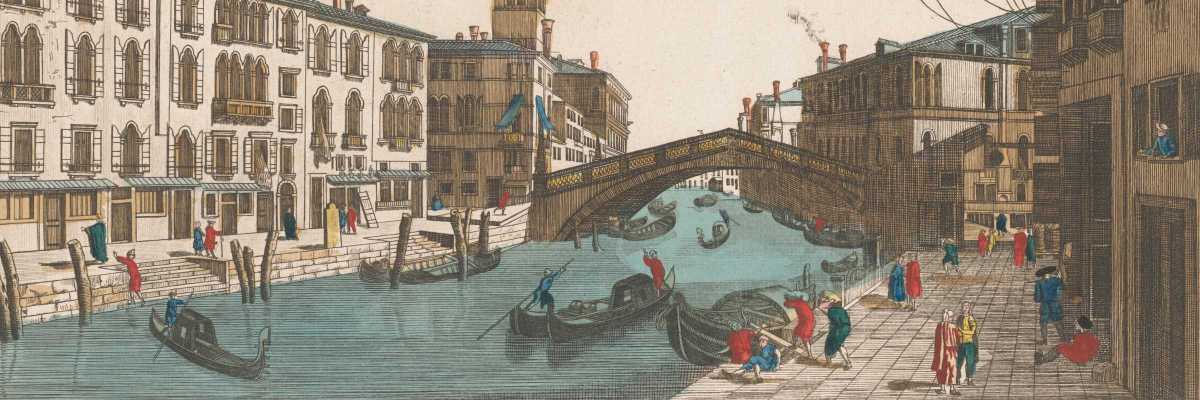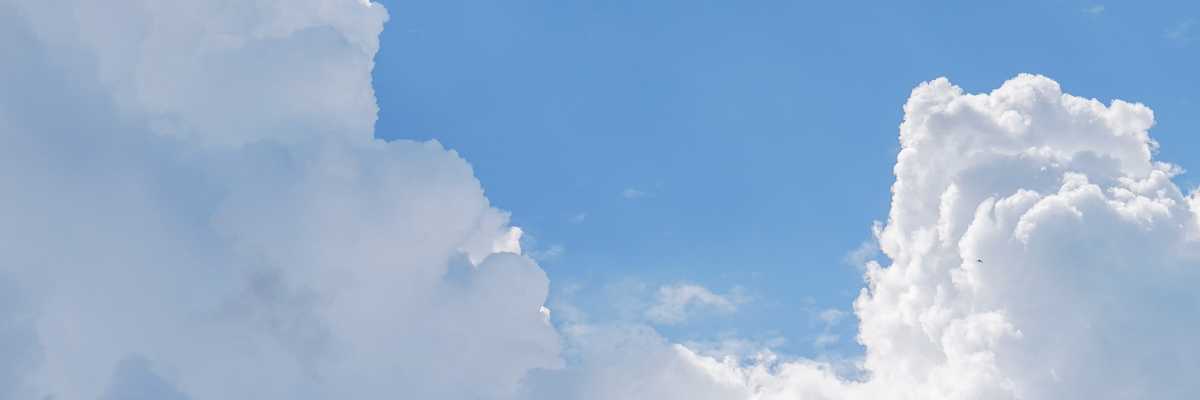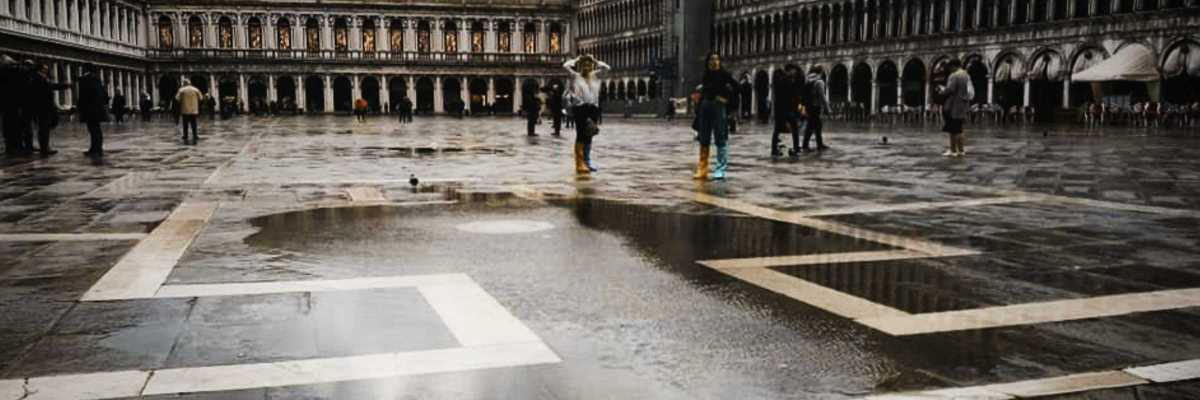The contents in "open access" mode have been designed to make you know Venipedia closely, without the need to subscribe, and to continue our mission of cultural dissemination as accessible as possible to all. Some of these are permanent, always accessible, others are opened cyclically and only for a limited period of time.
But you can get a lot more, like next-generation content that includes high-definition video (including the latest 4K videos and upcoming new 4K Dolby Vision videos), spectacular image galleries, and so much more.
Subscribe
(7,99€ per month or 59€ per year)
or
